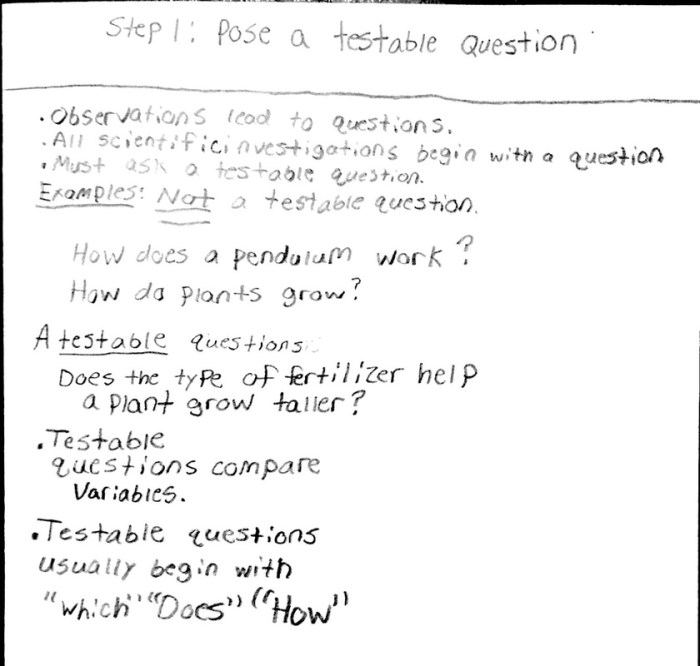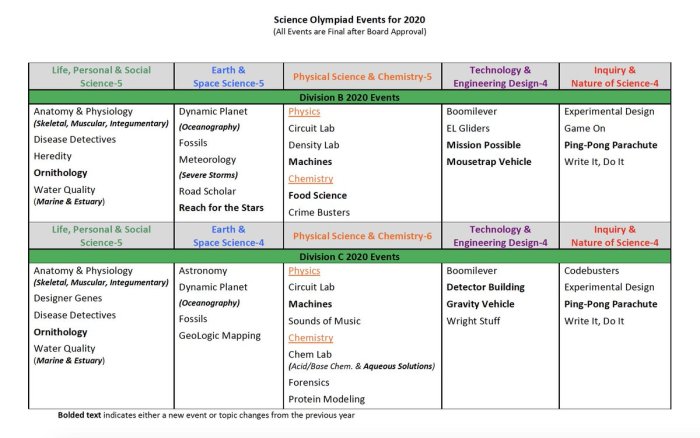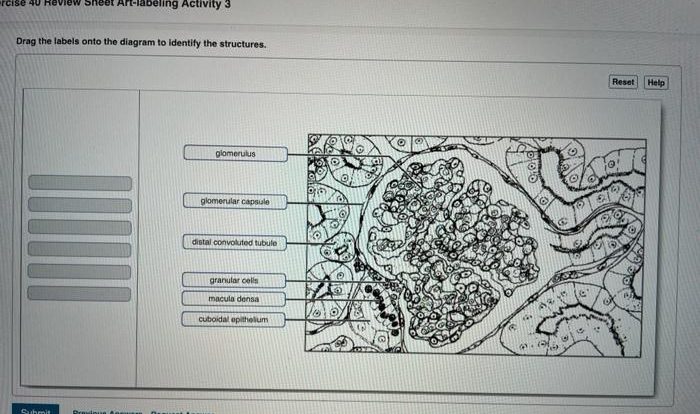Embark on a scientific adventure with the Experimental Design Science Olympiad Practice Test, meticulously crafted to enhance your understanding of experimental design principles and prepare you for the challenges of scientific research. This comprehensive guide will equip you with the knowledge and strategies to excel in the EDSO and beyond.
Delve into the intricacies of experimental design, unravel the secrets of data analysis, and master the art of scientific communication. Unleash your inner scientist and embark on a journey of discovery that will ignite your passion for scientific inquiry.
Experimental Design in Science
Experimental design is the systematic planning and execution of experiments to obtain reliable and valid data that can support or refute scientific hypotheses. It involves defining the research question, identifying variables, controlling for confounding factors, and selecting appropriate experimental methods.
Importance of Experimental Design in Scientific Research
Experimental design is crucial in scientific research as it ensures the accuracy, reliability, and validity of the findings. A well-designed experiment allows researchers to control and manipulate variables to isolate the effects of specific factors, leading to more precise and interpretable results.
Experimental Design Science Olympiad (EDSO)

The Experimental Design Science Olympiad (EDSO) is a competition designed to challenge students in the field of experimental design. It involves a series of practical and theoretical tasks that test students’ ability to design, conduct, and analyze experiments effectively.
Practice Test Overview
The EDSO practice test is a valuable resource for students preparing for the competition. It provides an opportunity to familiarize themselves with the test format, practice different types of questions, and improve their experimental design skills.
Structure and Format
The EDSO practice test consists of multiple sections, each with a specific focus. These sections may include experimental design principles, data analysis, and scientific communication.
Question Types
The practice test includes a variety of question types, such as multiple-choice, short answer, and essay questions. These questions assess students’ understanding of experimental design concepts, their ability to analyze data, and their skills in scientific communication.
Purpose and Benefits
Taking the practice test allows students to identify areas where they need improvement, develop strategies for answering different types of questions, and gain confidence in their experimental design abilities.
Test-Taking Strategies
Effective test-taking strategies are essential for maximizing performance on the EDSO practice test. Here are some tips:
Manage Time and Resources
Time management is crucial during the test. Allocate time wisely for each section and question type, ensuring enough time for answering complex questions and reviewing answers.
Answering Different Question Types
Each question type requires a specific approach. For multiple-choice questions, eliminate incorrect options before selecting an answer. For short answer questions, provide concise and specific responses. For essay questions, organize your thoughts and provide well-supported arguments.
Review and Revise Answers, Experimental design science olympiad practice test
After completing each section, take time to review and revise your answers. Check for any errors or inconsistencies, and make necessary corrections. This step can significantly improve your overall score.
Experimental Design Concepts

A solid understanding of experimental design concepts is essential for success on the EDSO practice test. Here are some key concepts:
Principles of Experimental Design
Experimental design involves identifying variables, controlling for confounding factors, and selecting appropriate experimental methods. It aims to minimize bias and ensure the validity and reliability of the results.
Types of Experimental Designs
There are various types of experimental designs, each with its advantages and disadvantages. Common designs include randomized controlled trials, factorial designs, and matched-pair designs.
Pitfalls to Avoid
Common pitfalls in experimental design include bias, confounding factors, and measurement errors. Researchers must carefully consider these potential issues and take steps to minimize their impact.
Data Analysis and Interpretation: Experimental Design Science Olympiad Practice Test

Data analysis and interpretation are critical steps in experimental design. Here are some key considerations:
Statistical Methods
Statistical methods, such as t-tests and ANOVA, are used to analyze experimental data. These methods help determine the significance of differences between groups and draw valid conclusions.
Drawing Conclusions
Drawing conclusions from experimental data requires careful consideration of the results, their statistical significance, and their implications for the research question.
Communication and Presentation
Effective communication of experimental results is essential for scientific research. Here are some guidelines:
Written Reports
Written reports should clearly and concisely describe the experimental design, methods, results, and conclusions. They should be well-organized, well-written, and free of errors.
Oral Presentations
Oral presentations should effectively convey the key findings of the experiment. They should be engaging, well-paced, and supported by clear visuals.
Essential Questionnaire
What is the purpose of the Experimental Design Science Olympiad Practice Test?
The practice test is designed to assess your understanding of experimental design concepts, provide feedback on your strengths and weaknesses, and help you prepare for the actual EDSO competition.
What types of questions are included in the practice test?
The practice test covers a range of question types, including multiple choice, short answer, and essay questions. These questions assess your knowledge of experimental design principles, data analysis techniques, and scientific communication skills.
How can I improve my score on the practice test?
To improve your score, focus on understanding the underlying concepts of experimental design, practicing different types of questions, and seeking feedback on your answers. Utilize resources such as textbooks, online tutorials, and study groups to enhance your knowledge and skills.


